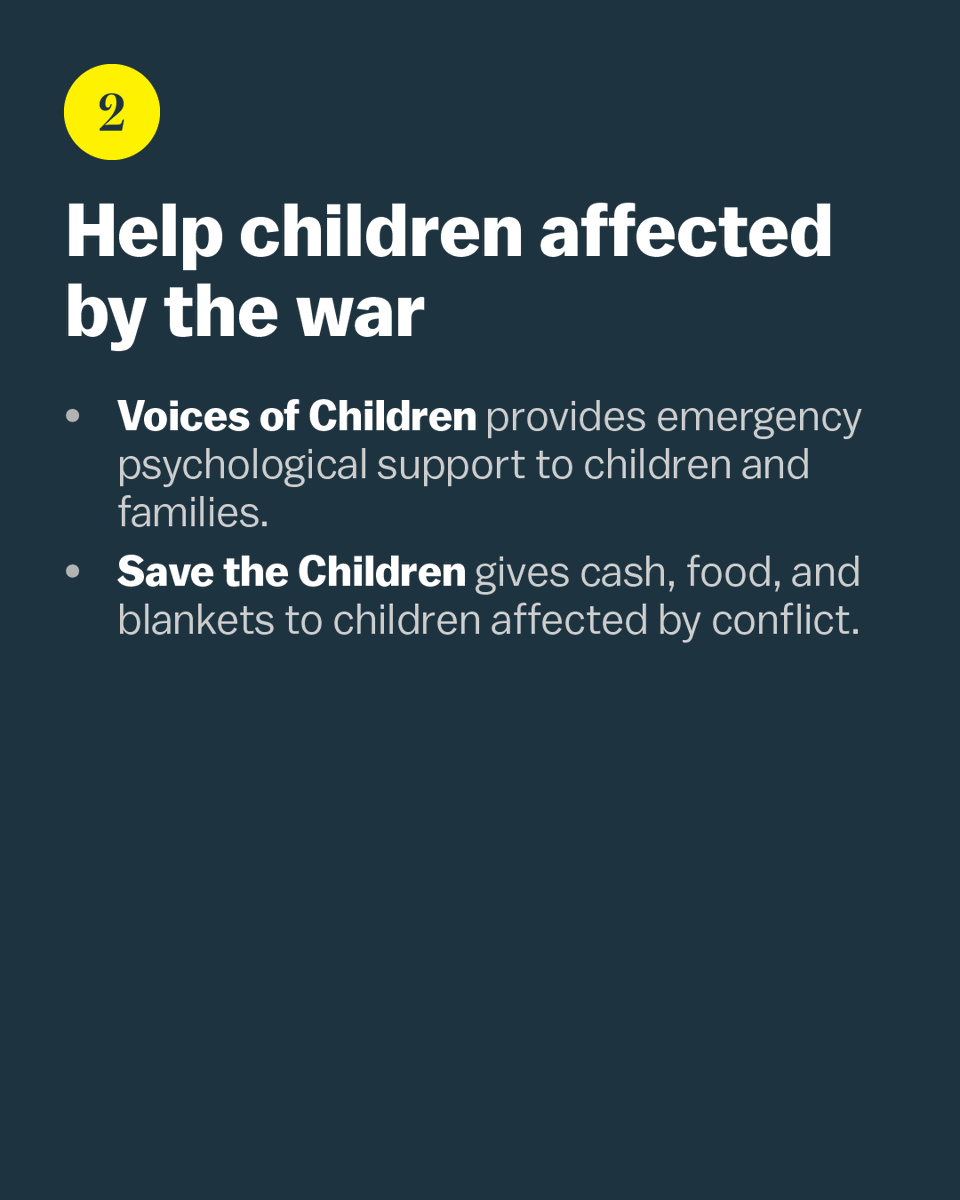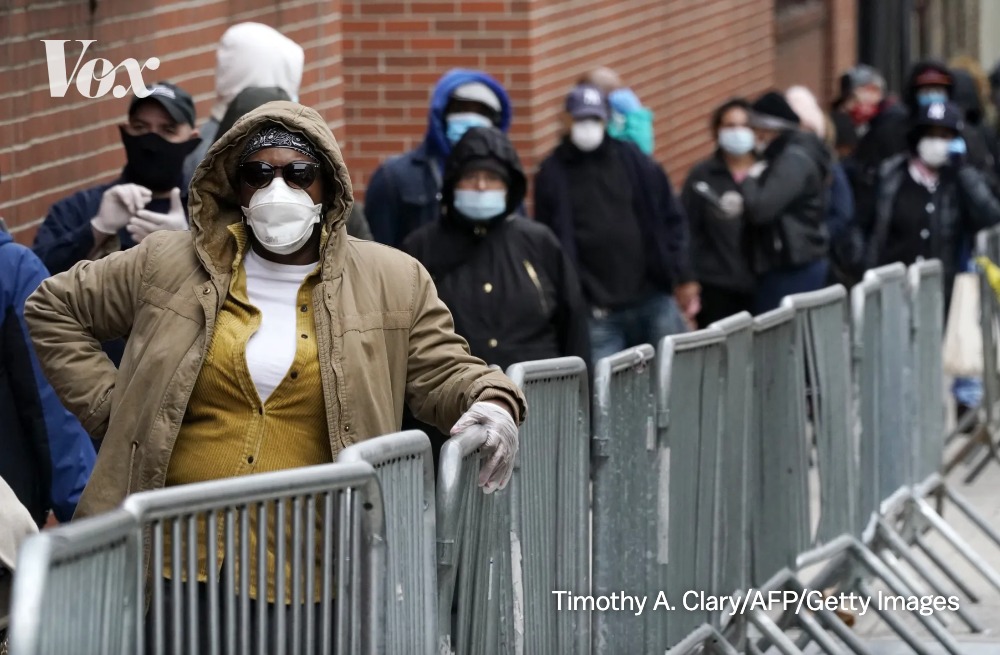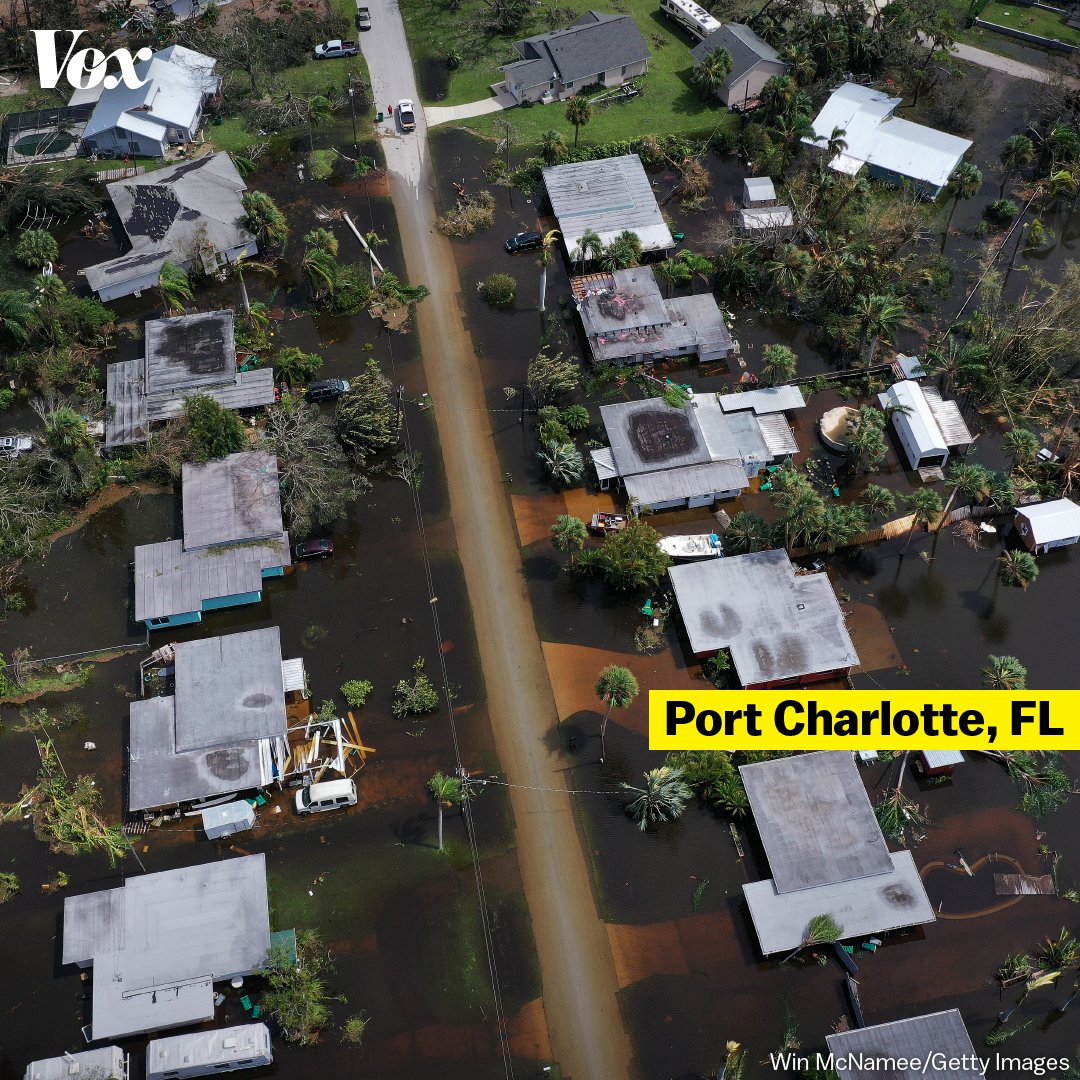Since Russia invaded Ukraine last week:
• 1M+ people have been displaced
• Major cities have faced violent attacks, with civilian deaths
• Medical supplies and basic needs are in short supply
If you want to help, here is where you should give. trib.al/Rl6CSHu
• 1M+ people have been displaced
• Major cities have faced violent attacks, with civilian deaths
• Medical supplies and basic needs are in short supply
If you want to help, here is where you should give. trib.al/Rl6CSHu

Right now, with help from the international community, Europe is handling an influx of refugees.
To continue to do it successfully, It will need more supplies and money — and fast.
To continue to do it successfully, It will need more supplies and money — and fast.

Ukrainian men aged 18 to 60 have been banned from leaving the country and urged to fight Russian troops.
That means those fleeing are mostly women, children, and elderly. You can support them.
That means those fleeing are mostly women, children, and elderly. You can support them.

Critical medical supplies, first aid kits, and other emergency medical equipment are in low supply and desperately needed in Ukraine. 

Support a free press by giving to news outlets in Ukraine, as well as those in Russia that aren't controlled by the Kremlin.
Independent media plays a key role in countering Russian propaganda.
Independent media plays a key role in countering Russian propaganda.

The Ukrainian refugee population in Europe is expected to balloon to 4 million, the @UN estimates.
These organizations are just a fraction of those doing important work to help Ukraine.
These organizations are just a fraction of those doing important work to help Ukraine.

@UN The organizations we highlighted generally meet these criteria:
• Track record of helping refugees in Eastern Europe
• Currently requesting funding
• Preference for local groups recommended by locals, where available
• English-language information
trib.al/Rl6CSHu
• Track record of helping refugees in Eastern Europe
• Currently requesting funding
• Preference for local groups recommended by locals, where available
• English-language information
trib.al/Rl6CSHu
@UN We recognize there are many other deserving organizations, and that it can be difficult to decide where to give.
What's the most effective way to do good with limited resources is an important question. trib.al/Rl6CSHu
What's the most effective way to do good with limited resources is an important question. trib.al/Rl6CSHu
@UN Kelsey Piper at Vox's Future Perfect thinks and writes often about charitable giving. Her two tips:
• Ideally, ask locals for advice
• Identify groups that haven’t raised huge sums: It's much easier for orgs to spend 2x their typical budget than 100x. trib.al/Rl6CSHu
• Ideally, ask locals for advice
• Identify groups that haven’t raised huge sums: It's much easier for orgs to spend 2x their typical budget than 100x. trib.al/Rl6CSHu
• • •
Missing some Tweet in this thread? You can try to
force a refresh










